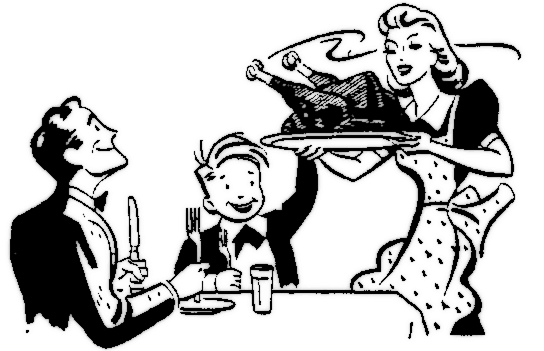Understanding the Networked Audience
Friday, November 30, 2007
I spent the latter half of this week in Princeton. I was invited by the Center for Information Technology Policy and spoke on the topic “Understanding the Networked Audience.” Here is a super-short summary of my talk:
The “audience” has been constructed in many ways: as passive receivers, as market segments, as reader-responders, analysts who work together to interpret texts, and most recently as producers of new materials, publicists, outlaws and collaborators.
Audiences have always been and done all of these things, but the internet enables them to be more active, more social, and more productive because it expands their reach, bridges time and distance, supports archiving, lessens social distance, and supports new forms of engagement (e.g. vidding).
Audiences were networked before there was an internet: witness Grateful Dead’s touring fans. They traded bootlegs using cassette tapes and tape trees long before there was P2P file sharing. They produced fanzines, art and other forms of cultural production.
When the internet (invented in part by sci fi fans) developed, fans were early adapters, creating mailing lists, usenet groups and, as soon as there was a WWW to do it on, fan sites. Meanwhile, the bands and other forms around which audiences rallied had boring websites that no one visited.
In today’s media environment where it’s easy to make one’s material public, it’s ever harder to get (potential) audiences to pay attention.
The old gatekeepers like journalists and disc jockeys have not been abandoned and are still the focus of even independent publicity campaigns. Bands and other forms of cultural producers have learned to build more interactive and engaging sites, but fan sites often remain better than official ones.
MySpace was huge because it offered bands a means of constructing their own identities and building relationships with their audience without mediation from the record companies or the press. But even on MySpace you have to get noticed, and audience word of mouth is key to that.
In the context of music, fans help bands get attention by writing mp3 blogs, archives, wiki entries and news sites. Smart bands and labels adapt and feed the fans by distributing free music and videos.
Into this mix, third party “Web 2.0” platforms seek to supplement and monetize this audience-as-filter role with things like recommendation systems, personalized radio streams, social networks (e.g. Last.fm for music, Flickster for movies), library sharing, Facebook applications, portable playlists, widgets, and more.
Smart entertainment providers need to be represented in all of these venues as well as representing themselves offline (enter street teams, touring, etc). Indeed, even though music audiences are more international than ever, touring matters as much as ever and arguably more than ever. This is helped by the fact that online fans become (impoverished) booking agents in order to bring the bands they like to their towns and countries.
Because entertainers of all sorts now need fans in order to gain attention (and credibility), the relationship between entertainment providers and consumers is becoming increasingly egalitarian, less commercial and more interpersonal. Instead of being viewed as “audience,” fans become collaborators in producing not just an audience, but a culture in which some forms of popular culture can thrive (e.g. underground music scenes).
The personal relationships formed are rewarding for both fans and artists, providing motivation for fans to serve as publicists and for artists to continue making their art. It’s not just about money.
As a result, the culture industries are undergoing massive transformation. The puzzle of how to treat audiences as equals, honor their creativity and importance, give them materials to play with, yet still make money is not yet solved. Radiohead’s choose-your-own-price experiment and sites like Amie Street where the cost of an mp3 depends on its popularity are two of many test-strategies that people are using.
If one thing is clear in this scenario, it’s that anything that alienates fans, that makes them actively dislike you, or that squelches their creativity in the name of control will not work in the long run.
We need models that put the art and the human relationship at the center of the equation in place of control (i.e. hierarchy) and profit.

